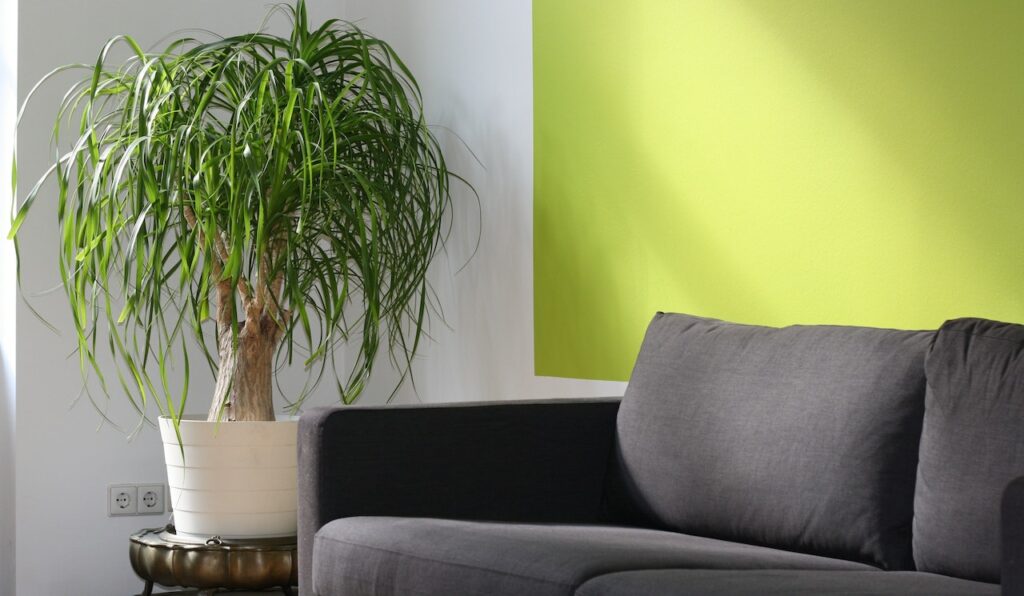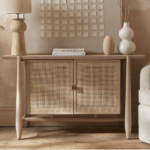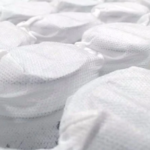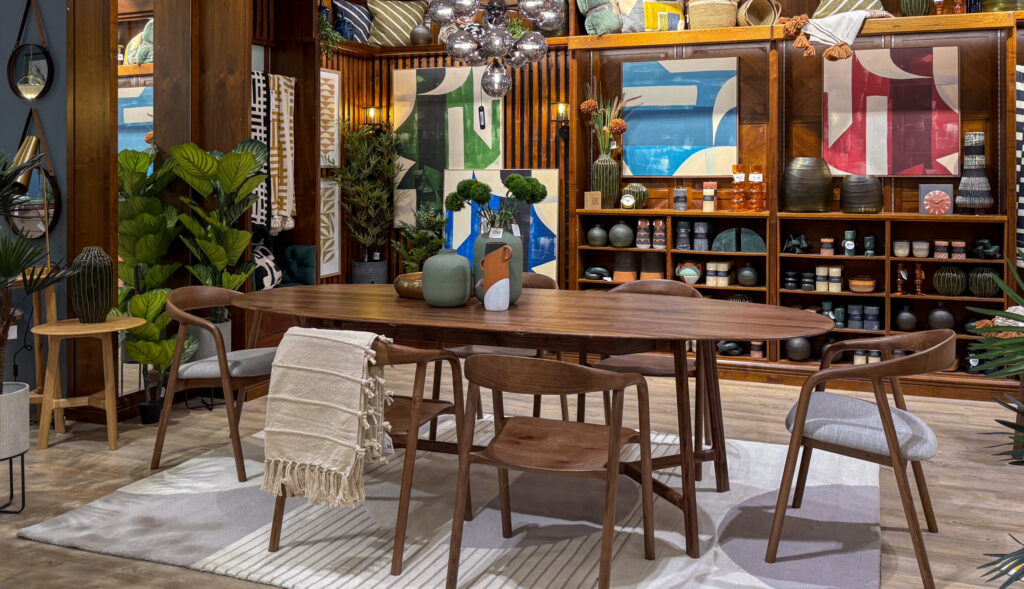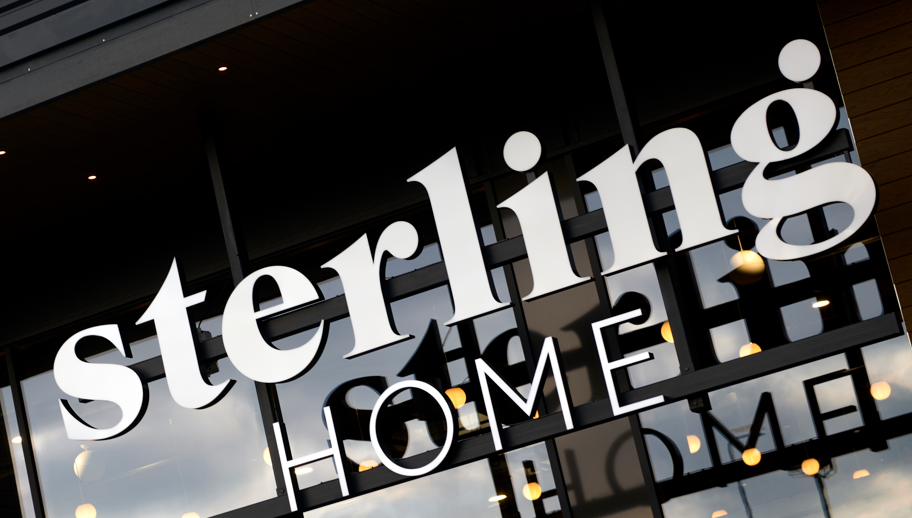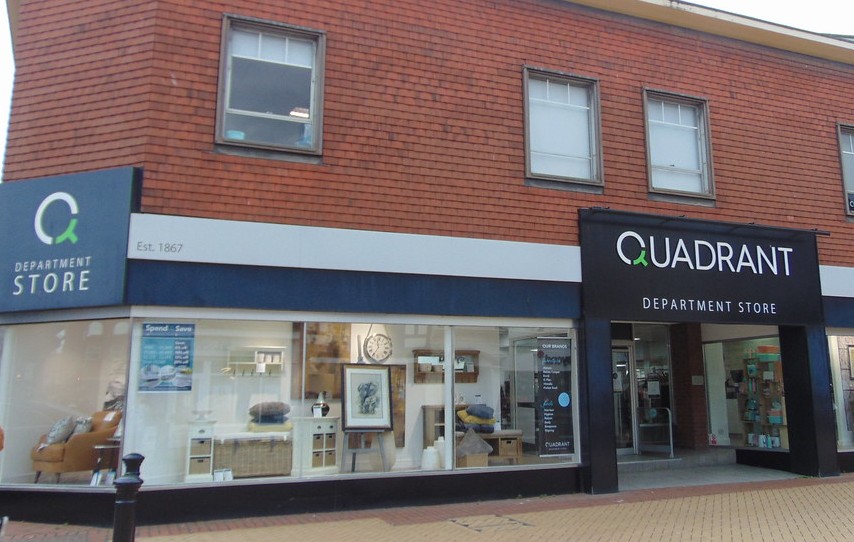Furniture prices fell in January as overall inflation is lower than expected, unchanged from December.
According to the latest Office for National for National Statistics (ONS) data, the Consumer Prices Index (CPI) rose by 4% in the 12 months to January 2024, the same rate as in December 2023. On a monthly basis, CPI fell by 0.6% in January 2024, the same rate as in January 2023.
Furniture and furnishing prices fell by 1.5% in January, down from a rise of 1.2% in December, while declining from 11.1% compared to the same month last year.
The retail price of household furniture decreased by 1.5% in the month, down from a rise of 1.2%, while down from 11.4% last year.
Garden furniture prices rose 0.2%, down from 3% on last month and down from 11.9% compared to last year.
Carpets and other floorcoverings prices fell 0.5%, down from a rise of 4.8% the previous month, while also down from an 12.2% rise last year.
Other household textile prices, including furnishings fabrics, curtains and bedding, saw prices rise by 3.6%, up from 2.5% the previous month, while down from 4.7% on last year.
Meanwhile, Producer Price Inflation (PPI) saw the rate of furniture output prices, factory gate, rise 3.9% in January on the same month in the previous year. The rate was down from the rise of 4.4% in December. Furniture input prices, material cost of production, were down -2.4% in January on the same month last year, and down from a decline of -2.6% the previous month.
Producer input prices fell by 3.3% in the year to January 2024, down from a revised fall of 2.1% in the year to December 2023. Producer output (factory gate) prices fell by 0.6% in the year to January 2024, down from a rise of 0.1% in the year to December 2023. On a monthly basis, producer input prices fell by 0.8% and output prices fell by 0.2% in January 2024.
Commenting on the inflation figures for January, ONS Chief Economist Grant Fitzner said: “Inflation was unchanged in January reflecting counteracting effects within the basket of goods and services.”
“The price of gas and electricity rose at a higher rate than this time last year due to the increase in the energy price cap, while the cost of second-hand cars went up for the first time since May.
“Offsetting these, prices of furniture and household goods decreased by more than a year ago and food prices fell on the month for the first time in over two years. All of these factors combined resulted in no change to the headline rate this month.”
Kris Hamer, Director of Insight of the British Retail Consortium, said: “The new year began with an unchanged headline inflation rate, with a rise in miscellaneous goods and services counteracted by falls in categories such as furniture and household equipment and housing, water, electricity, gas and other fuels. Discounts offered by retailers in the January sales helped shoppers, particularly in clothing and footwear. There was some good news for households, as food inflation fell for the tenth consecutive month, with condiments and dried vegetables seeing large month-on-month falls in price.
“With the headline inflation rate failing to fall for the second consecutive month there is no space for complacency. Government should recognise the cumulative impact of their policies – from rises in business rates to its new packaging levy – at a time when minimum wages are seeing the biggest rise on record and border checks are being implemented. Ultimately, if these costs continue rising unabated, it is inevitable that they will filter back into the price paid by households.”


